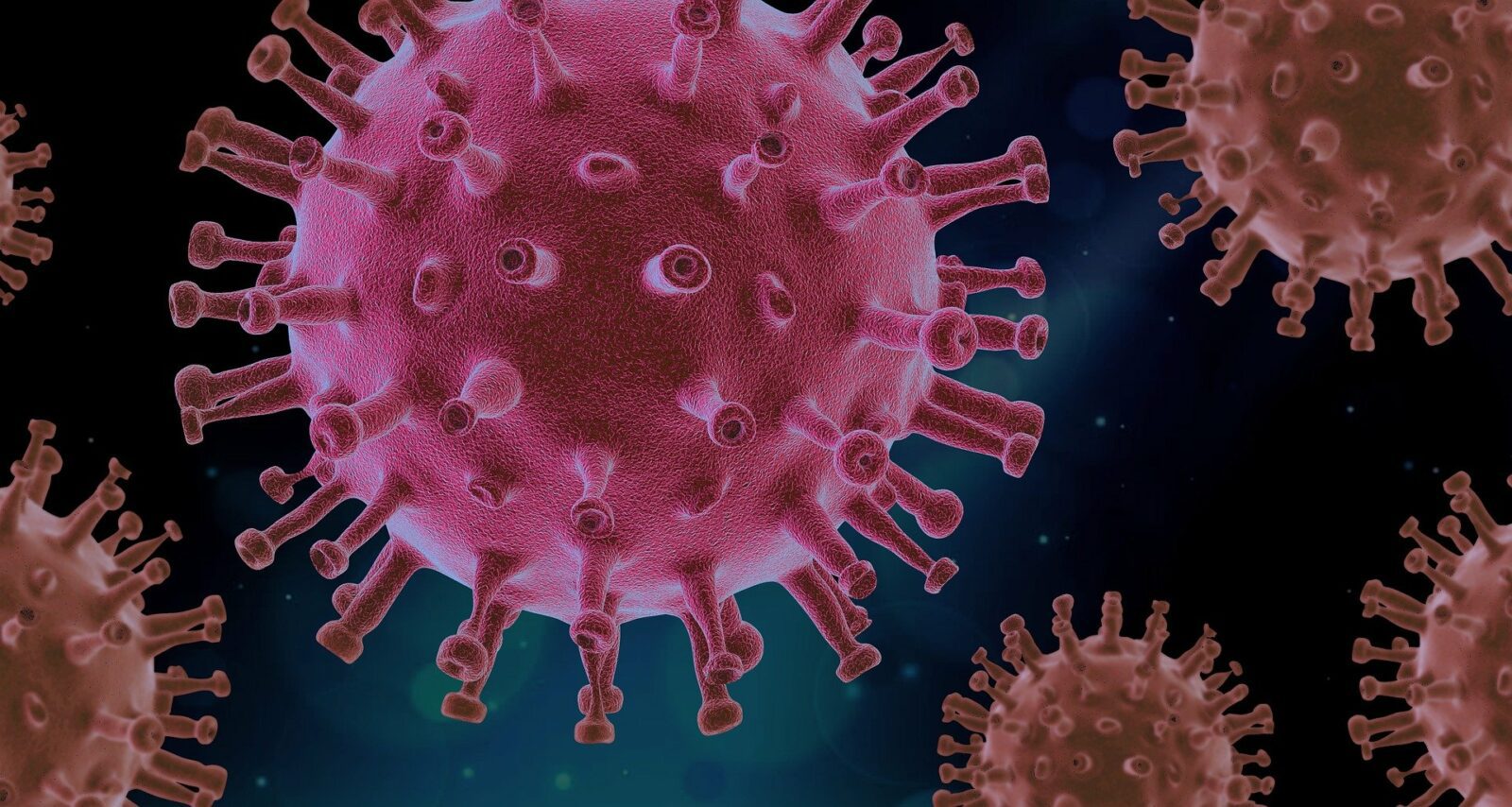Good news and bad news.
Good news: Research shows that COVID-19 vaccines may protect the lungs of patients.
Bad news: the number of U.S teens and young adults suffering from depression and suicide risks have increased during the pandemic.
The vaccines take care of our lungs
New data shows that, in vaccinated people, the disease may not affect the lungs as much in comparison to unvaccinated people. A new study included 205 adults who tested positive for COVID-19 and more than a half was under the age of 50. Of these 205 adults, 14% were fully vaccinated, and 15% were partially vaccinated. The rest did not take the shots. All of them were given CT scans for their lungs. Researchers catalogued the lungs from 0 (no virus involvement) to 5 (more than 75% affected). Researchers found that the CT score was of 0 in fully vaccinated people, 4 in partially vaccinated, and 11 in unvaccinated people. It is safe to say that the vaccination reduces the severity of the COVID-19 disease.
Teens and young adults deal with depression
With the pandemic, the number of depression cases and suicide risks has increased. 68,699 people ages 12 to 21 were screened, and the portion has increased from 5% to 6.2% during 2020. The portion for suicide risk increased from 6.1% to 7.1% in the same year.
Stephanie Mayne from the University of Pennsylvania stated: “School closures and disruptions of routines, social isolation, concerns about family members’ health, financial stresses, political turmoil and high-profile examples of racial injustice may all have played a role.” She continued with the fact that children will get back to school for the first time in a long time and that it is very important to support the teachers and guidance counsellors, because they work together to help students how to deal with the pandemic.













Leave a Reply